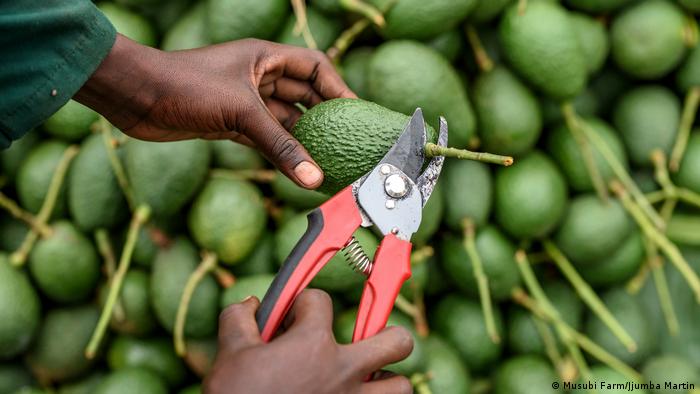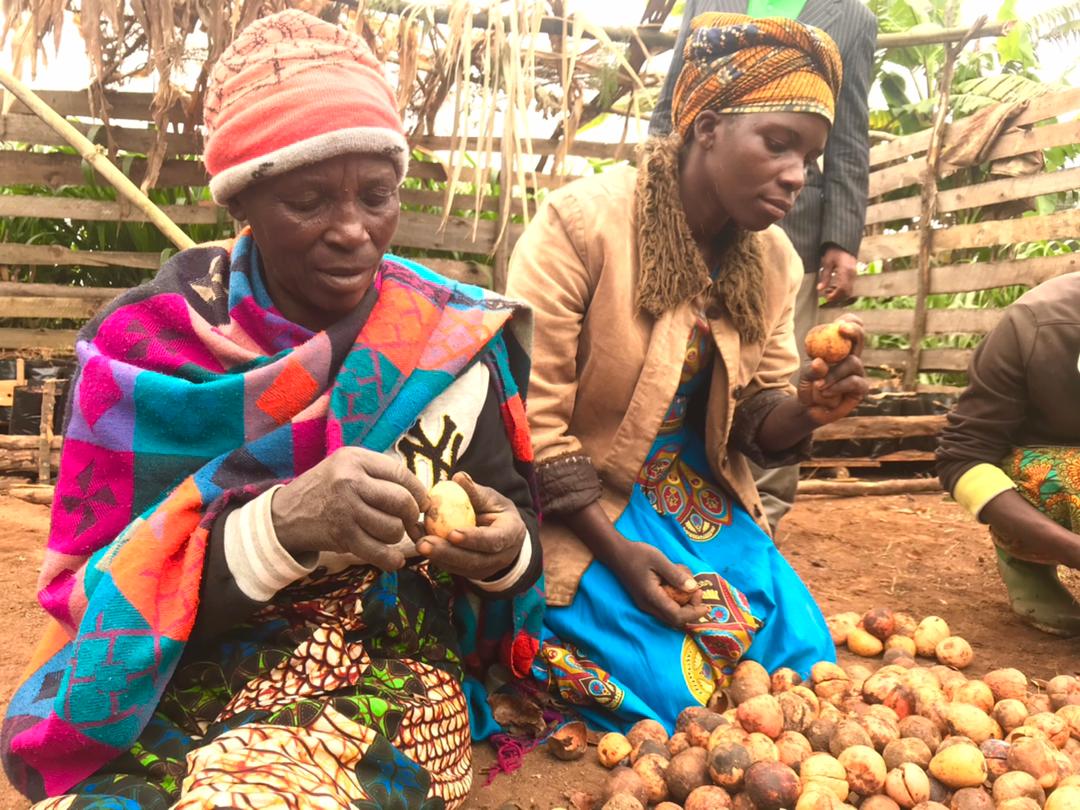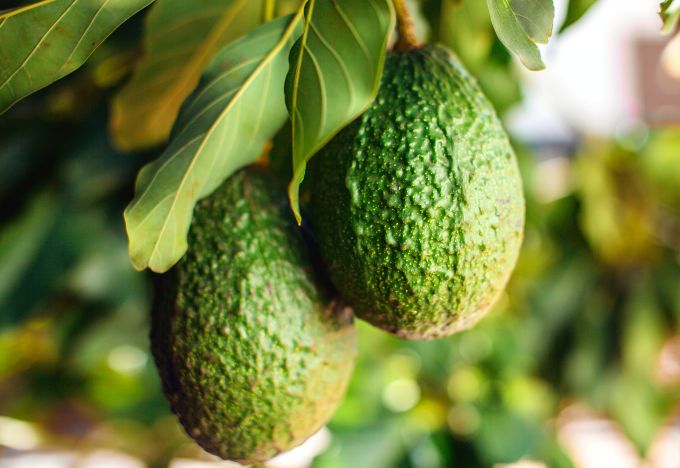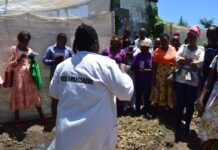|
Getting your Trinity Audio player ready...
|
By Wahinya Henry
Nairobi, Kenya: Kenya’s longstanding export market for horticultural produce at the European Union (EU) is at crossroads.
This is after a delegation that returned home comprising of the from South Korea on a trade mission to persuade South Korea to accept into its market local produce bore fruit.
The good news was broken by an elated managing director of Kenya Plant Health Inspectorate Service (KEPHIS), Prof. Theophilus Mutui who was part of the team that went to South Korea at a journalists’ awareness workshop held at the regulatory headquarters.

The scribes who were informed by Prof.Mutui avocado exports were at the top of the agenda had assembled for the workshop held under the European Union (EU)- East African Community (EAC) Market Access Upgrade Programme (MARKUP) UN Industrial Development Organization (UNIDO) is implementing.
“As you are aware, the European Union is our major market for flowers, fruits, vegetables, and herbs. Currently, we are working to open up other markets for our produce. Just recently, we were in South Korea where we discussed enhancing exports of our products to the Asian nation. This includes crops such as avocado,” Prof. Mutui said.
“The EU has been our major market for flowers, fruits, vegetables, and Herbs. There is a need to open up new markets for our exports. Avocado was top of the export list to the Asian nation,” Prof. Mutui said without indicating how soon the avocados will land in the Asian nation.”
Also, Cabinet Secretary for trade, Betty Maina noted the importance of KEPHIS in the Korea mission due to its role in engaging the Animal and Plant Quarantine Agency of Korea to open up the Korean market.
Prof. Mutui said avocado is just one of the many products that have been a line for exports to Korea. Others include pineapple and pepper. Already, organizations such as UNIDO under the MARKUP program have training farmers in the best crop husbandry practices to enhance access to international markets.
“Farmers have been encouraged to familiarise themselves with accepted pesticides in all international markets to easily meet the phytosanitary standards,” said Prof. Mutui.
Why Avocados
Priority to have avocados exported is rather a by design and not by chance given the high returns the fruit is fetching at the international Market.
The country’s earnings from avocado exports rose by 40 percent to Ksh 14 Billion from Ksh 10 Billion during the 12-month period ended October 2020 according to the latest data from the Fresh Produce Exporters Association of Kenya (FPEAK), an association that represents growers, exporters, and service providers in the horticulture industry.
In the period under review, the country exported 68,000 tons, a 15 percent jump from 59,000 tons exported in a similar period in 2019.
According to data from FPEAK, Kenya is the world’s third-largest producer of avocados. Avocados are now the country’s leading fruit export, accounting for nearly one-fifth of its total horticultural exports.

At least 70 percent of the avocados are grown by smallholder farmers who have 5-20 trees per homestead, 20 percent by medium-scale farmers who have over 100 trees, and 10% by large commercial plantations that have 10 hectares or more in production.
With a market share of 2.1 percent, Kenya was ranked 8th globally in 2019 in the export of avocados behind Mexico, Netherlands, Peru, Spain, Chile, Colombia, and the United States.
Among the top exporters, the fastest-growing avocados exporters since 2015 were: Colombia, Dominican Republic, Morocco, and Kenya.














